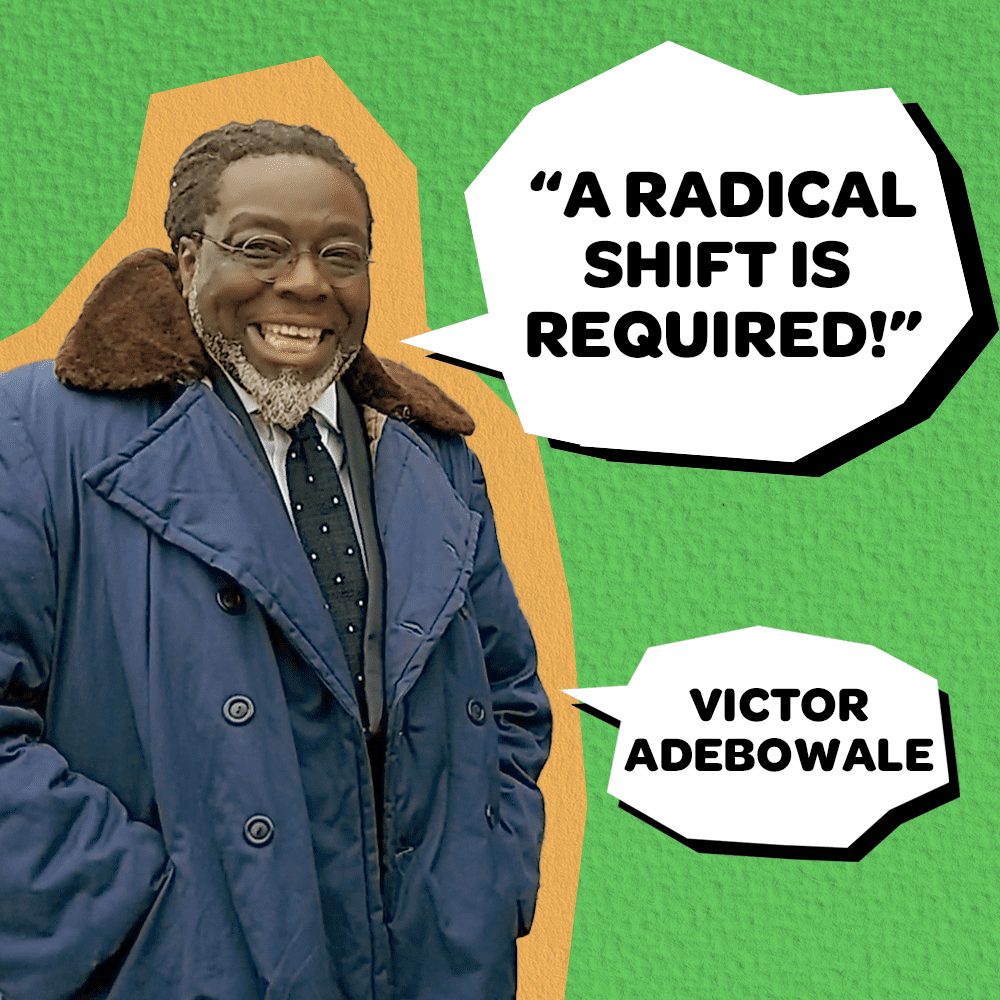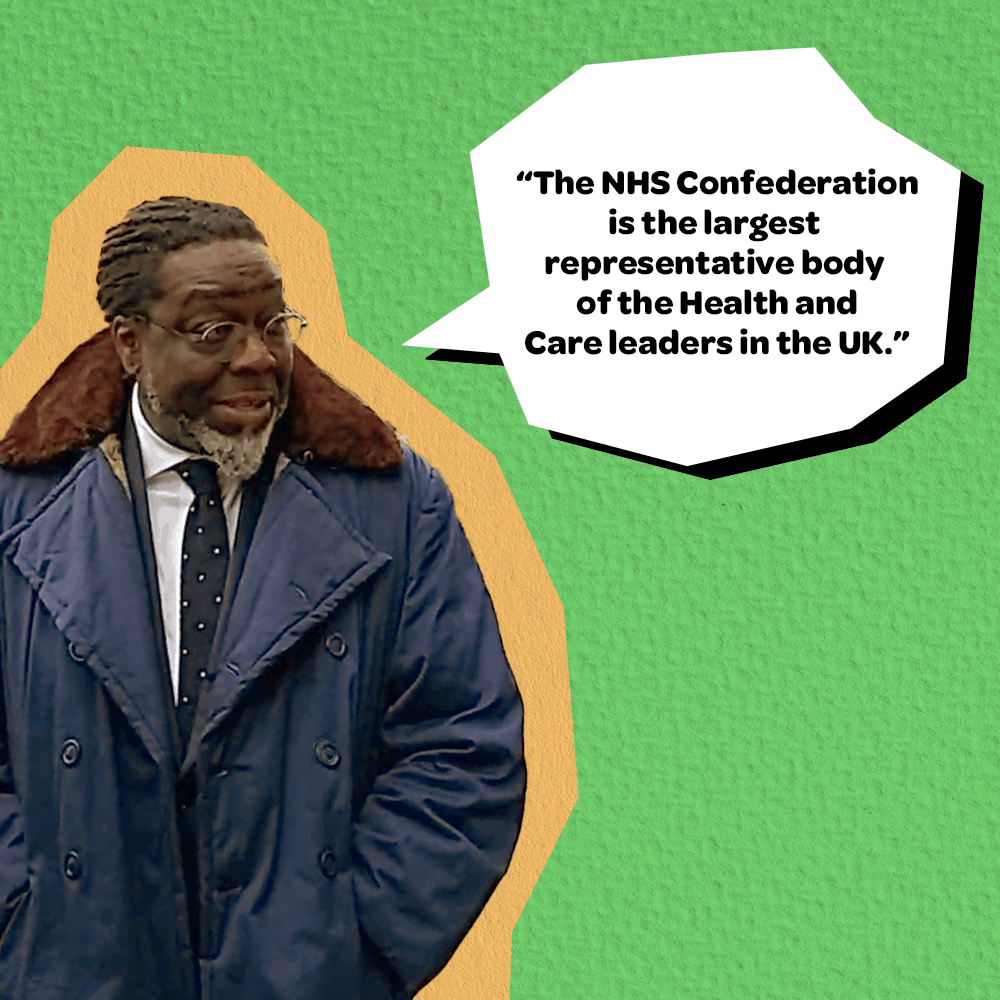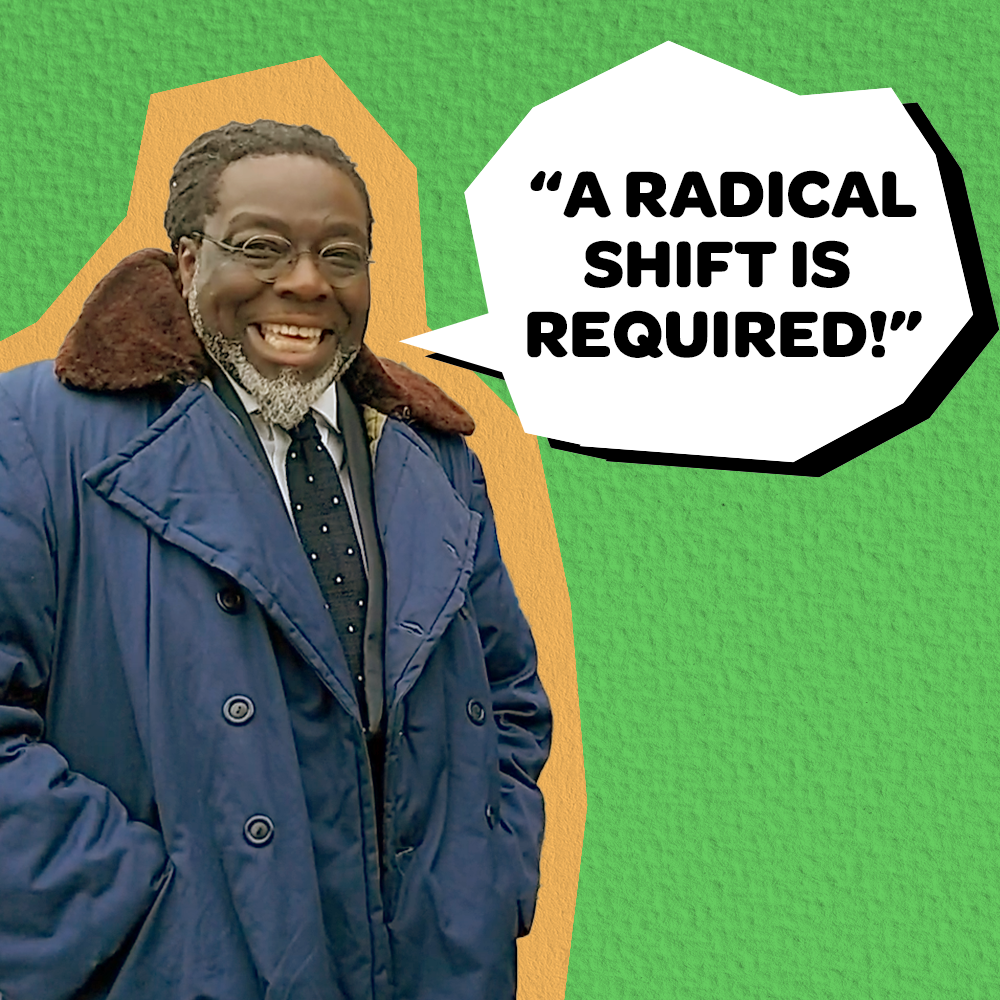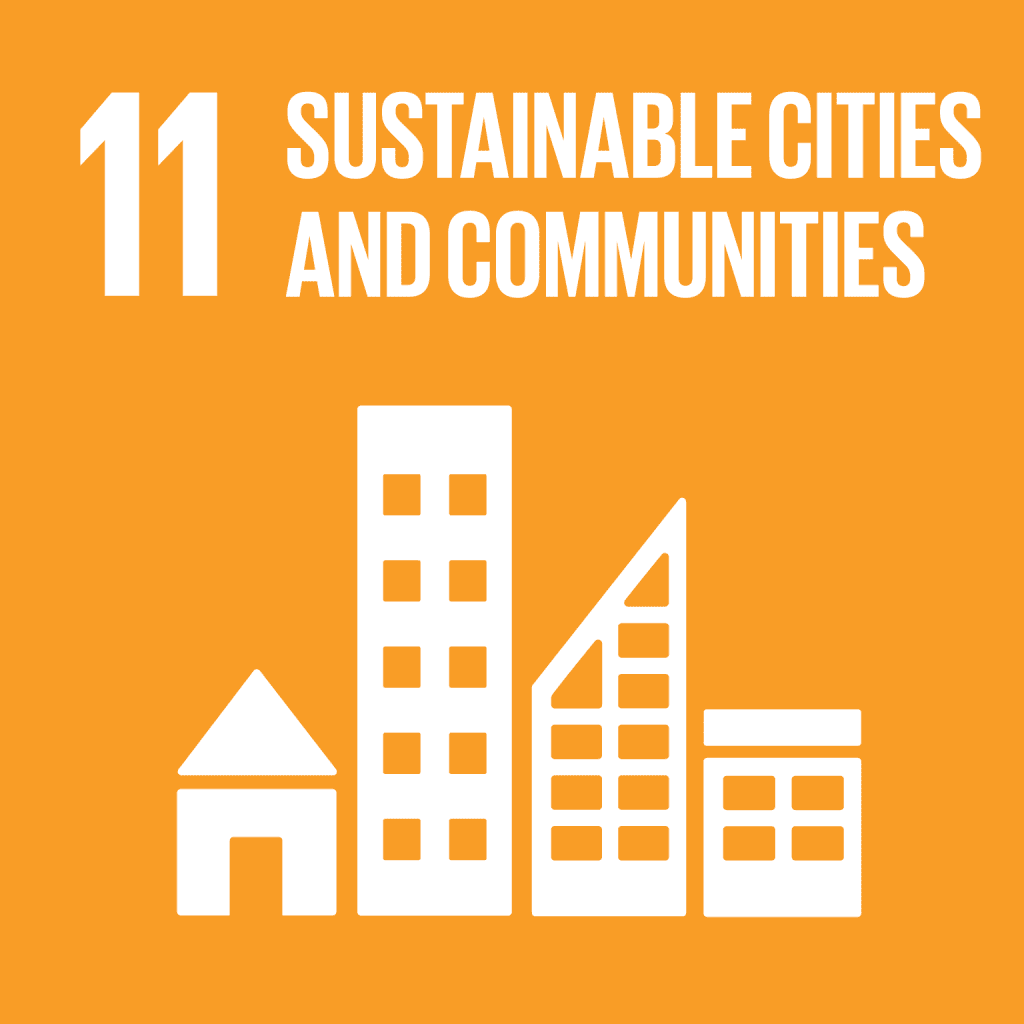Chair of the NHS Confederation says that ‘A Radical Shift is Required’ in order to save our NHS. Lord Victor Adebowale CBE came back for the annual Worcester Cathedral and University of Worcester Lecture: “Is the NHS sick?”. Written by Rosie Bramwell. Graphics by Lovro Fučkar. Interviews conducted by Fay Askew.

Lord Victor Adebowale CBE, is came to Worcester on the 3rd October for the Annual Lecture hosted by the University. The Lecture addressed the strain the NHS is currently under, looking at whether it is “sick”, and if there’s a “cure”.
In 2001, Victor was awarded a CBE for his services to the unemployed and homeless. He has also been recognised for his work in Universities across the country, including as a visiting Professor and ex-chancellor for the University of Lincoln.
At the University of Worcester, he has made several appearances at online talks and events. For example, “What is leadership for sustainability in higher education?” In February 2023, he featured in the panel of the Air Quality Debate, hosted during the University’s Go Green Week. Throughout this debate, members of the local council regulatory services spoke with NHS representatives about what is being done to protect students’ health.
Appointed as Chair in 2020, Lord Victor Adebowale CBE has worked with schools, associations and trusts across the country to advocate for better healthcare. Although Victor did not attend the Go Green Week on behalf of the NHS confederation, he was still able to explain his role and what it is:

“The NHS confederation is the largest representative body of the Health and Care leaders in the UK. We represent Acute Trusts, Mental Health Trusts, Integrated Care Systems, Primary Care Networks, and all points in-between, in England, Wales and Northern Ireland.”
An Interview with Victor Adebowale, Go Green Week 2023
The NHS
In early July 1948, the NHS was inaugurated by Aneurin Bevan, the Minister of Health. This took place at the Park Hospital in Davyhulme, Manchester, and is now considered the ‘birthplace of the NHS’.

It was opened based on three premonitions:
– to meet the needs of everyone
– that it would be free at the point of delivery
– runs based on clinical need, not a person’s ability to pay
This system was inspired by the Tredegar Workmen’s Medical Aid Society. Members of this society could pay a penny a week, and receive access to free health and dental care. Similarly, the NHS is now mainly funded by the tax UK citizens pay from their monthly income.
Why does the NHS need saving?

The NHS is now considered to be in a financial crisis due to inflation, understaffing and the cost of living.
Increased workloads have also made it difficult for the NHS to maintain the needed staffing levels. As of 2021, rising costs for energy and drugs, have created the largest financial strain.
Furthermore, hospitals, surgeries and local communities have all experienced these ongoing struggles, with the NHS doing everything it can to meet the demand for care.
“A record 2.5m Britons are out of work because they are sick. There is a major NHS staffing shortage, but the long term workforce plan doesn’t start until 2025. On basic measures of health, Britain suffers by comparison with its rich-world peers.”
Go Green Week 2023
The University of Worcester hosts an annual Go Green Week for students to learn ways to be more sustainable. This event allows local companies, such as the British Heart Foundation, to come in and promote their work for creating a more sustainable future.

On the final day of Go Green Week 2023, students were invited to an Air quality debate in the Hangar. Here the Vice Chancellor, Professor David Green, led discussions with a panel of local electives. The panel included the Director of Sustainability, Katy Boom, members of the Worcestershire County Council regulatory services, First Bus services, the NHS Acute Trust and also the Head of the NHS Confederation, Victor Adebowale.
Students were able to voice concerns for their health across the campuses and the city of Worcester. Although the focus was mainly on air quality, members of the Council and NHS Acute Trust were able to discuss their intent on improving the living conditions for students.

Worcester’s Annual Lecture
On the 3rd October 2023, Victor led a lecture discussing “Is the NHS sick? What’s the cure?”. The full transcript is available here.
The talk was hosted by the University in collaboration with the Cathedral. The lecture set out to tackle any questions or concerns raised about the NHS and the welfare of patients. This discussion fits correspondingly with the lecture’s usual theme of exploring morality in public life.
“The Worcester Lectures, hosted by the University of Worcester and Worcester Cathedral, are an annual contribution to the rich cultural heritage of Worcester, celebrating and further strengthening the links between the two institutions.”
Students in attendance
We spoke with two sixth form students from the Royal Grammar School Worcester who attended the lecture. Both students are in lower sixth, and are looking at careers in dentistry and medicine. For these students this lecture was important as they prepare for their future careers. They explained that this lecture would help them improve their personal statements and get a better understanding of the field of work they want to become a part of.
When we asked if there were any concerns about the future of the NHS and their career choices, both students answered ‘yes’. They said they were scared that the NHS won’t exist or will be in a worse condition by the time they are searching for jobs. There is also a concern that technology and AI development will make jobs less available to them. Despite this, they were not discouraged and explained that they would be very proud to work in a field that relies on teamwork.
”The first jump is always the scariest when doing new things.”

Moving forward
During an interview with Victor Adebowale, he made one thing clear: “if you want change, get involved.” Being aware of local elections, debates/events or voting can have a huge impact on individuals and communities.
The NHS exists to help all UK citizens have free and easily accessible healthcare. Its current strain is impacting healthcare across the entire Nation, and with the long-term workforce plan not starting until 2025, it will only get worse.
One medical student in attendance emphasised that they felt very out of touch with the state of the NHS. Majority of what you hear about the NHS is about its problems and not what will be done about them. Although they are still sceptical, they believed that this lecture provided them with ‘a glimmer of hope’.
“It’s nice to have an honest perspective of the problems and the plan.”
Another student noted “there’s a lot of fear around private healthcare” and that “it can alleviate, not divide”. Despite the NHS being designed for accessibility, private healthcare could lift some of the strain.
One thing the medical students shared was the gratitude they receive. They described how at the end of their shifts there are constant ‘thank yous’ from their patients. The lecture also highlighted that NHS workers didn’t want to be called heroes or be given all the credit.
As a country, we are in a position where we are paying more money for a service that cannot be accessed as quickly as necessary. This needs to change. Furthermore, we need to save our NHS, and for that, a radical shift is required!

